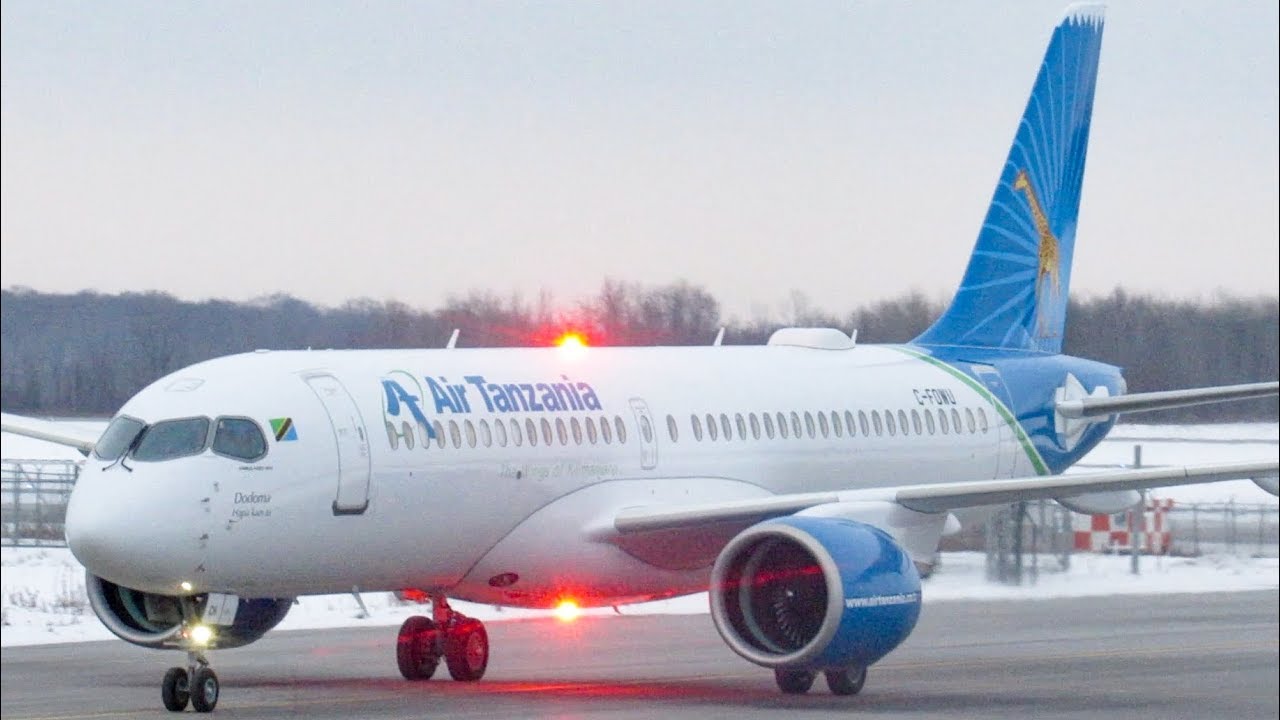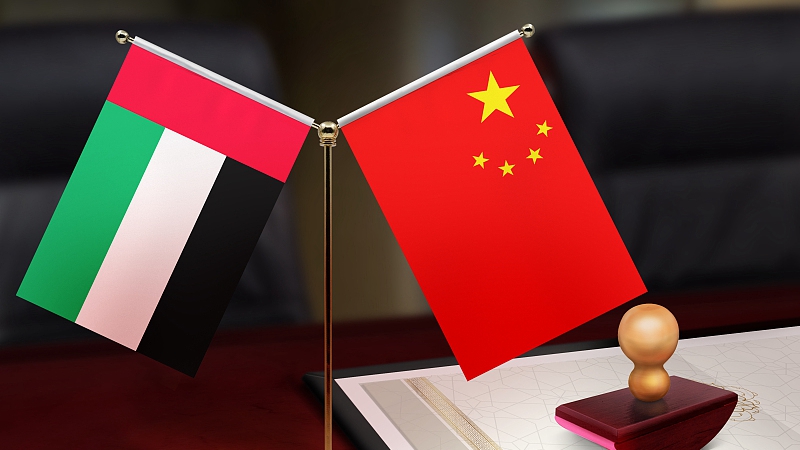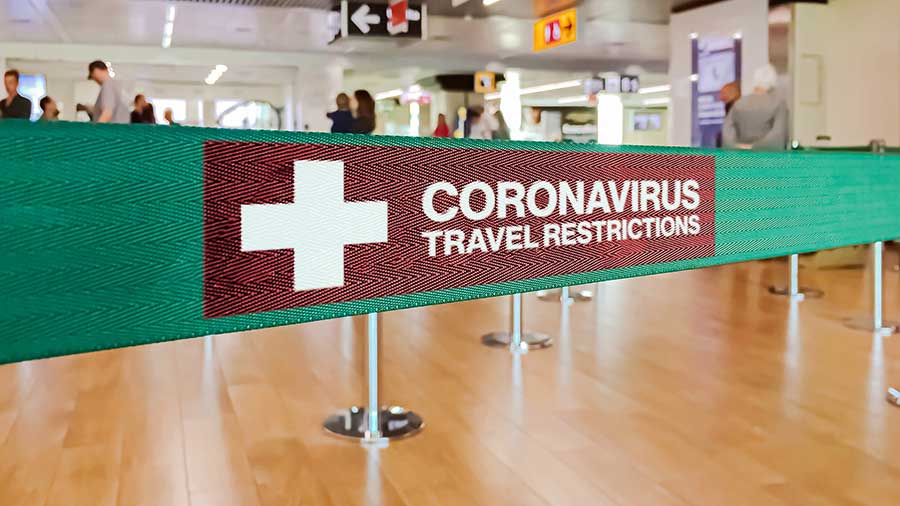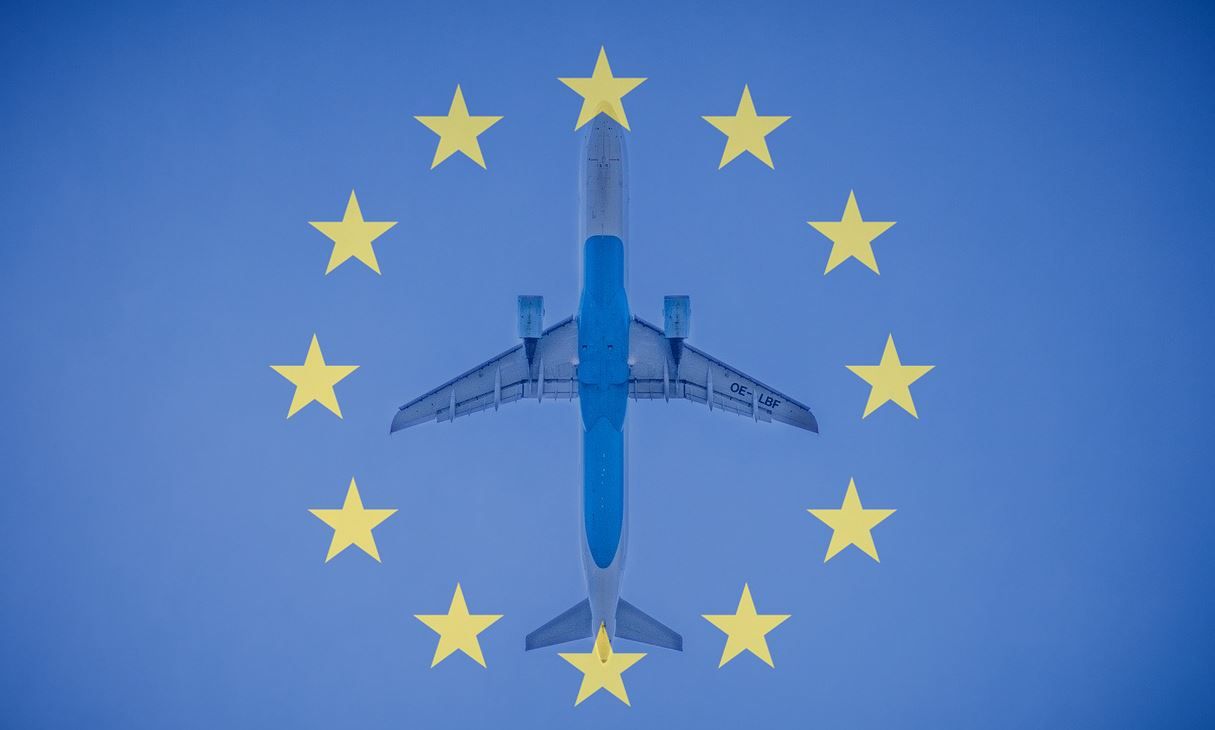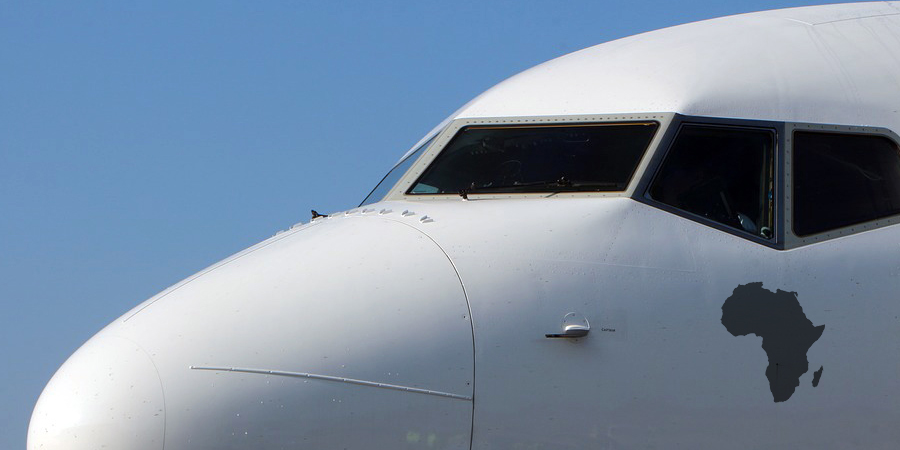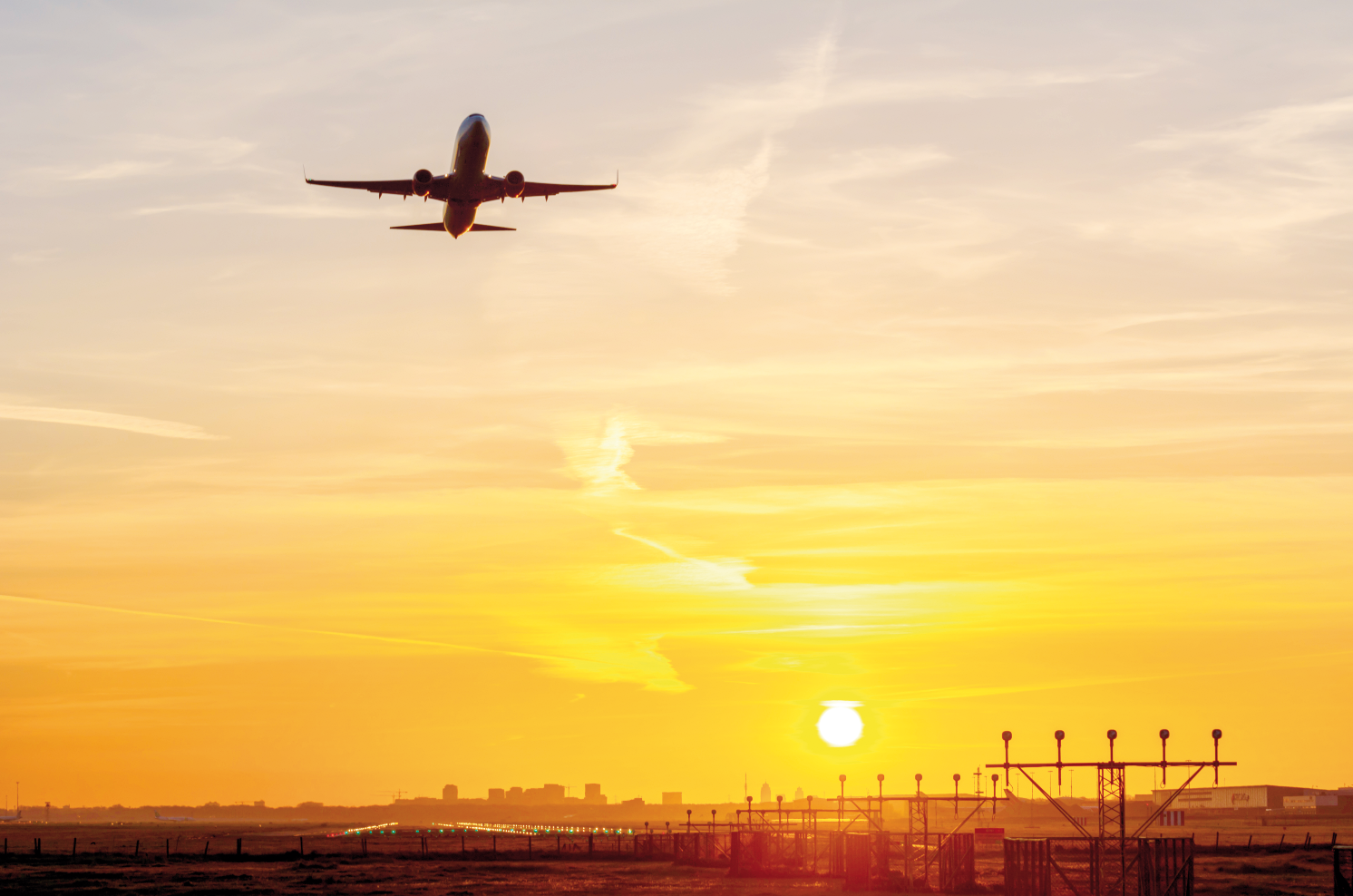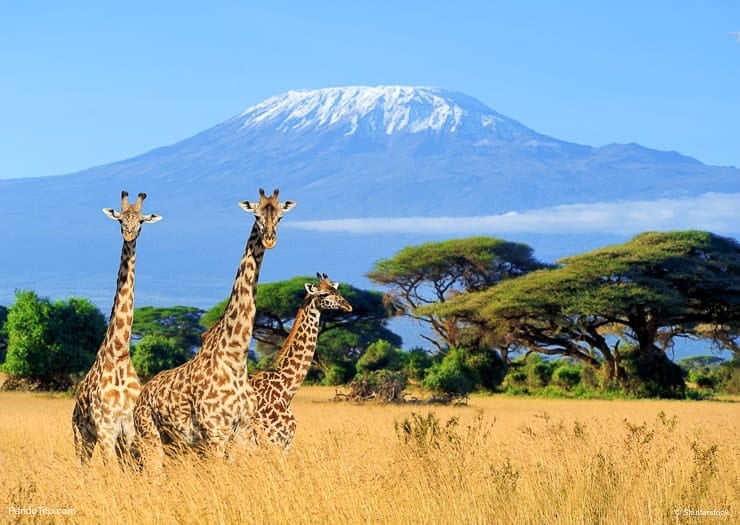Rekindled optimism of the Federal Government to float a new national carrier in the twilight of this administration berates sincerity and real national interest. Characteristically, this administration promised more for aviation development than it has delivered and the telltale signs are all over the industry. But a horridly packaged new national carrier will not assuage inherent poor leadership in the air transport sector nor cover up for policy missteps. In place of another albatross, the Ministry of Aviation should stay focused on realistic developmental policies.
The project handlers recently came up with the nomination of Ethiopian Airlines owning a major share of the national carrier and much to the displeasure of some stakeholders, including local airline operators that have protested and taken the matter to court. It will be recalled that the new national carrier, already christened Nigeria Air, is one of the electoral campaign promises of Muhammadu Buhari just before 2015.
Added to that was the 2016 pledge by Hadi Sirika, the Aviation Minister, to concession all the airports for efficiency, set up a Maintenance Repair and Overhaul (MRO) facility, attract aircraft leasing companies to Nigeria and build aerotropolis at major airports nationwide. All of those promises only exist in Sirika’s playbook till date.
But a national carrier would always be a sentimental subject, especially for those that saw the defunct Nigeria Airways in its heydays. Airliners, branded in national colours, are always elegant assets and national pride globally. They are synonymous to having embassies in motion, showcasing the splendor and economic powers of a country in diplomatic space.
With over 100 Bilateral Air Service Agreements (BASAs) already racked up by Nigeria, it means 100 potential markets for a new national carrier to operate commercially and unhindered by the aeropolitics that often clip the wings of designated flag carriers.
As patronising as the venture sounds, the logic is flawed. Airline business is high-capital intensive and too expensive a bill for national pride alone. A new aircraft costs an average of $80 million and the industry, in good times, has a profit margin of about five per cent return on investment. That explains why economic superpowers like the U.S., UK, France, among others, have over the years shared the burden of ownership with the private sector.
Even the most successful airline in Africa – Ethiopian Airlines – once hinted of plans to divest both assets and liability to enhance chances of survival. Apparently with that in mind, the Outline Business Case of the proposed Nigeria Air has a joint partnership between the state and private sector, with the latter expected to bear as much as 95 per cent of ownership.
But the project has been a hard sell for Sirika and his team of consultants who have been unable to convince stakeholders and investors alike. It is on record that only Ethiopian Airline (ET) expressed interest in the Nigeria Air project globally when Nigeria called for bidders, taking advertorial pages in international newspapers.
Perhaps their first error was to unilaterally conceive and christen the new airline in London, far away from the glare of Nigerians that only welcome it with vitriolic criticism. It couldn’t fly until COVID-19 caught up with it and it has since remained a hard nut to crack, failing to take-off in five attempts.
If it was difficult convincing credible investors before COVID-19, it must be more difficult now in a world ravaged by economic downturns of Russia and Ukrainian war. The timing is also wrong for the Nigerian economy that is in recession and borrowing to augment one-third of its 2022 budget amid an almost100 per cent debt-to-revenue ratio.
The national carrier has also proven its capacity for prodigality. In the last five years, the project has racked up an estimated N15.9 billion in budgetary votes, though Sirika has lately countered that only N352 million was approved and another N299 million for Transaction Advisers and Consultants.
It is a shame that the incubation phase of the national carrier has taken forever where the likes of Ibom Air, owned by Akwa Ibom State government, started small in about a year of conception and earned a major stake in Nigerian domestic airspace.
How come the likes of Boeing and Airbus plane manufacturers are not showing interest or signing deals to avail brand new aircraft to launch the new carrier like Boeing has done in Ghana? Why are the local stakeholders that earlier warmed up to the project turning their backs on it, describing it as “Sirika’s project” and a giveaway to ET that is already an operator and fellow competition on the continental space? The minister should be answerable and made accountable for every penny spent on the project to date.
Tellingly, the minister has failed in his remit. Though he came in as an aviator and has been the longest serving helmsman, his deliverable has been less than convincing. As an aviator that understands the prevailing operating environment, he knows that there are too many booby-traps in the local environment that hobble the growth of all operating carriers, including the proposed national carrier.
There are perennial problems of decrepit airport infrastructure, low capacity and aircraft underutilisation, multiple taxation, multiple destinations for foreign carriers, foreign exchange scarcity to fund aircraft maintenance and buy spares, scarcity and hike in the cost of aviation fuel. As a ministry in particular and government in general, what solutions or policies have been proffered to ameliorate these problems to save the sector from imminent collapse?
The foreign airlines are exploiting Nigerian air travellers through hike in airfares and the stuck fund window; does that bother local authorities? It is not enough for a government to blame unanticipated challenges for its woes. The actual business of governance and leadership is to solve those problems and not give excuses that are typical of charlatans.
Surely, the local operating environment is not homely for a new national carrier notwithstanding its benefits. And to save our cash-strapped country from another round of wastages, more legal fireworks and heartaches in the post-Buhari era, it is safe to ditch the national carrier plan for now.
Rather, Sirika, the ministry of aviation and relevant stakeholders should pay closer attention to policy formulation for the development of the sector and the economy at large. Successful aviation sectors, in other parts of the world, are designed to complement other sectors like tourism, logistic services, agriculture, mining and so on. Aviation in Nigeria needs such a robust template and problem-solving leadership to turn the corner and have an enviable sector for all to thrive. A new national carrier, no matter how well-intentioned, will not fill that void.
Source: The Guardian



